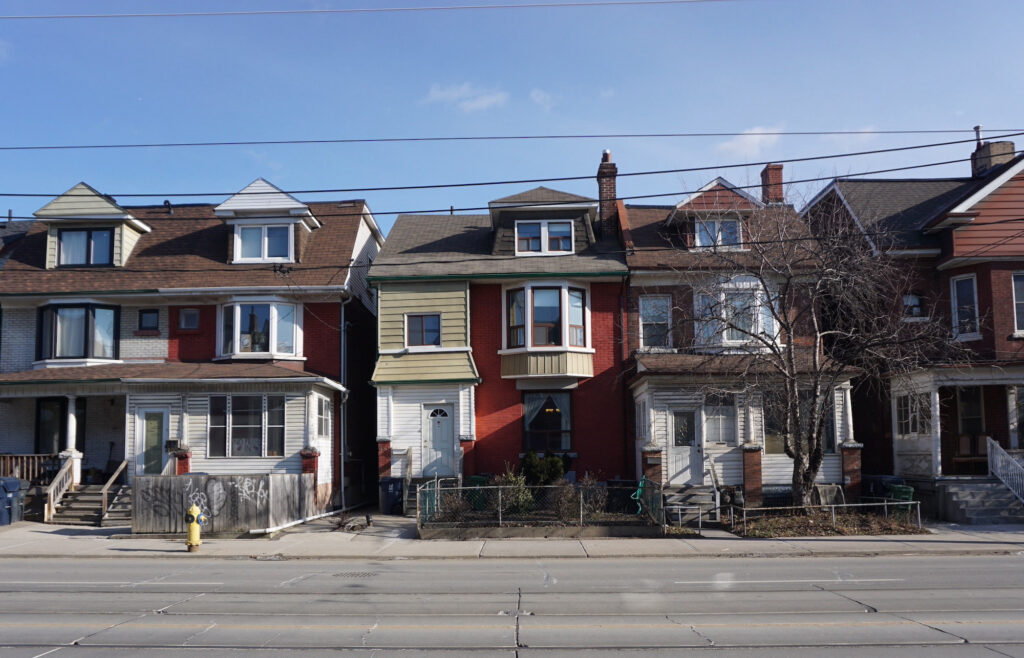Moving forward on the climate justice front, the New York Times’ “Climate Forward” complains that air conditioners are “a prime example of how global warming is unfair.” And while you know what your parents, or perhaps grandparents, would have said (either “Life is unfair” or “What are you babbling about now?”) author Somini Sengupta has a point. Actually three, only one of which she notices. First, she correctly says it’s unfair that poor people have trouble cooling their dwellings, just as it’s unfair that they have trouble feeding themselves. But, second, she misses the obvious corollary that any policies that perpetuate or worsen poverty by making energy more expensive are deplorable for the same reason. And third, when she insists that “it’s crucial to improve cooling” and “Many fixes are already within reach” she’s showing that we really ought to put far more emphasis on effective adaptation and far less on futile prevention especially if, as we discuss below, there’s very strong reason to think we aren’t causing the current mild warming and therefore couldn’t stop it no matter what we did.
Sengupta cites a 2019 study saying between 1.8 to 4.1 billion people “may need air-conditioning to avoid heat-related stresses under current conditions but do not yet have access” and that in Africa, which research has revealed is pretty warm, “5.6 percent have an air-conditioner.” But there’s more. “There are also almost 1 billion people worldwide who don’t have electricity at all. So, no fans either.” And yes, without electricity an air conditioner is either a baffling cube like that thing in 2001: A Space Odyssey or a cruel joke. But so is any policy that says hungry Africans should not develop readily available sources of power because well-fed Westerners are worried about the weather in 30 years.
We’re always skeptical of people pointing to what they consider obvious entrepreneurial opportunities in which they’re not currently personally investing. Money should meet mouth in public policy as in private life. Sengupta says “There are many ways, old and new, to reduce or eliminate altogether the need for air-conditioning inside buildings. Architects and urban planners are trying many of these things already.” But we say that people have been trying to moderate conditions inside their house since the invention of the door, and by trial and error have got most of it right already, from leaving a tree screen on the north side in cold climates to letting breezes blow through and using white paint (one of her supposed breakthroughs, but look at traditional Mediterranean and southwestern American architecture) in hot ones.
She also stumbles over basic economics, a surprisingly common mishap. She says “Now more than ever, energy-saving innovations are needed” but alas “Electricity standards don’t require it yet” according to “a cooling expert at the Rocky Mountain Institute. Plus, it’s more expensive upfront.” Uh so it doesn’t save money? If it did, you wouldn’t need a law. And if it doesn’t, you won’t benefit from one. Even if her first expert blithely maintains that most AC units on the market are only one-third as efficient as they easily could be. So buyers and sellers burn money while pundits sigh.
She also complains that air conditioners are often dirty. Which is true, and reminds us yet again that among the harmful effects of poverty is that people struggling to survive can’t afford to worry about long-term environmental issues. When she laments that “Some hydrofluorocarbons that are used in most air-conditioners, known as R134a or R404a, are like greenhouse gases on steroids” we dare doubt that their cumulative impact is that big. But none of these considerations mean people shouldn’t look for more efficient ways to adapt to harsh conditions, current or new. (On which point remember that in the 19th-century “Raj” the British were desperate to escape the blistering heat of an Indian summer to cool hill stations from Srinigar to Shimla, not to mention summer conditions inland in ancient Egypt. Hot summers, like heat waves, are not a new thing.)
Finally, Sengupta quoted some typical sage, the “co-director of the Future of Cooling program at the University of Oxford” that “equity is a central issue to the future of cooling.” But what if it’s the other way around? What if cooling is a central issue to the future of equity? Then pretentious Western saviours wouldn’t be denying capital to Africans trying to generate life-saving, AC- and refrigerator-driving electricity, would they?



These idiots arguments are circular and end up with the same (to them) horrible fact. All life on earth needs some form of energy to survive. Half the world is worried about starving to death in 30 days, not the temperature in 30 years.
I am told that in reality, if we allow the power distribution systems to fail - be it a Carrington event, or through Government ineptitude - and the resulting loss of computer controlled inventory systems which food distribution systems are dependent upon, then all the highly urbanized populations globally are about 9 meals away from starvation. 3rd world rural folk are actually pretty good at feeding themselves - absent some Warlord rampaging about the place. So, maybe the other half should be more worried about starvation, as well
Carrington event you say? Without heat or light or refrigeration or running water you may have difficulty preparing even those 9 meals...